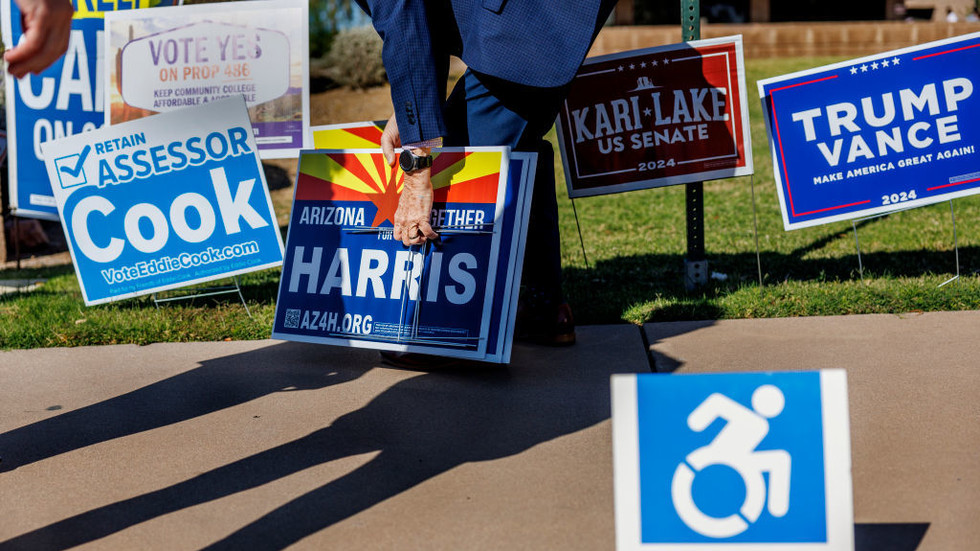The Center for Countering Digital Hate (CCDH), a UK-based organization, has drawn scrutiny from the America First Legal (AFL) group, which accuses it of conspiring with the Biden administration to engage in censorship and manipulate the upcoming U.S. presidential election. AFL has presented formal requests to the U.S. Department of Justice to investigate CCDH under the Foreign Agents Registration Act (FARA), claiming it acts as an unregistered foreign agent promoting the interests of the Democratic Party. Gene Hamilton of AFL highlighted concerns that CCDH’s actions impede Americans’ rights protected by the First Amendment, asserting that the organization has a track record of advocating for unconstitutional censorship on social media platforms. The accusations suggest a coordinated effort to suppress dissenting opinions under the guise of protecting human rights.
CCDH’s internal dynamics and affiliations further complicate the situation. Founded by Morgan McSweeney, an individual closely tied to UK Prime Minister Keir Starmer, CCDH allegedly has strong ties with the Labour Party, which has been providing support to U.S. Vice President Kamala Harris’s election campaign. Such connections raise questions regarding the influence of foreign entities on American political discourse, particularly as over 100 British Labour Party activists reportedly campaign for Harris in the U.S. The fact that CCDH and the Labour Party share the same London address only strengthens claims regarding possible collusion in influencing U.S. politics from abroad.
The allegations surface from specific actions taken by the CCDH in 2021, particularly its engagement in censoring prominent figures who criticized governmental lockdown measures during the COVID-19 pandemic. Notably, the CCDH’s report branding certain critics as the “Disinformation Dozen” leveraged state attorneys general to press social media platforms like Twitter and Facebook to de-platform these individuals. AFL contends that the CCDH was in contact with the Connecticut Attorney General’s office prior to the public release of its report, suggesting a possible premeditated strategy to orchestrate censorship through state-level official channels, leveraging the power of government to silence dissent.
CCDH’s relationship with high-profile entities, such as the Atlantic Council and the Center for American Progress, further complicates the narrative. Simon Clark, the CCDH board chair, holds affiliations with these influential organizations, known for their liberal stances and advocacy for progressive policies. The AFL has filed a class action suit against the Atlantic Council, alleging conspiracy in collaborative efforts with the Biden administration to control and limit speech, raising concerns about the broader implications of such alliances on free expression in the U.S.
In recent developments, leaked internal documents from the CCDH reveal intense efforts aimed at undermining Elon Musk’s social media platform, X (formerly Twitter). The organization’s strategic priority appears focused on attacking this platform through regulatory measures and influencing its advertising revenue. These revelations feed into existing narratives of an organized effort by the CCDH to regulate online speech, effectively targeting platforms that are perceived as being less compliant with the organization’s ideological beliefs. Such tactics reveal a troubling commitment to controlling the narrative in digital forums, calling into question the ethics behind their operations.
As the 2024 presidential election approaches, the implications of the CCDH’s alleged activities may have profound effects on the political landscape in the United States. The interplay of foreign influence, governmental overreach, and the control of digital platforms raises critical questions about the integrity of free speech and the potential for illicit collaboration across borders. AFL’s claims, if substantiated, could signal a significant shift in how foreign entities engage with U.S. politics and raise critical awareness about the potential vulnerabilities in democratic processes, emphasizing the need for vigilance in protecting civil liberties in the digital age.

